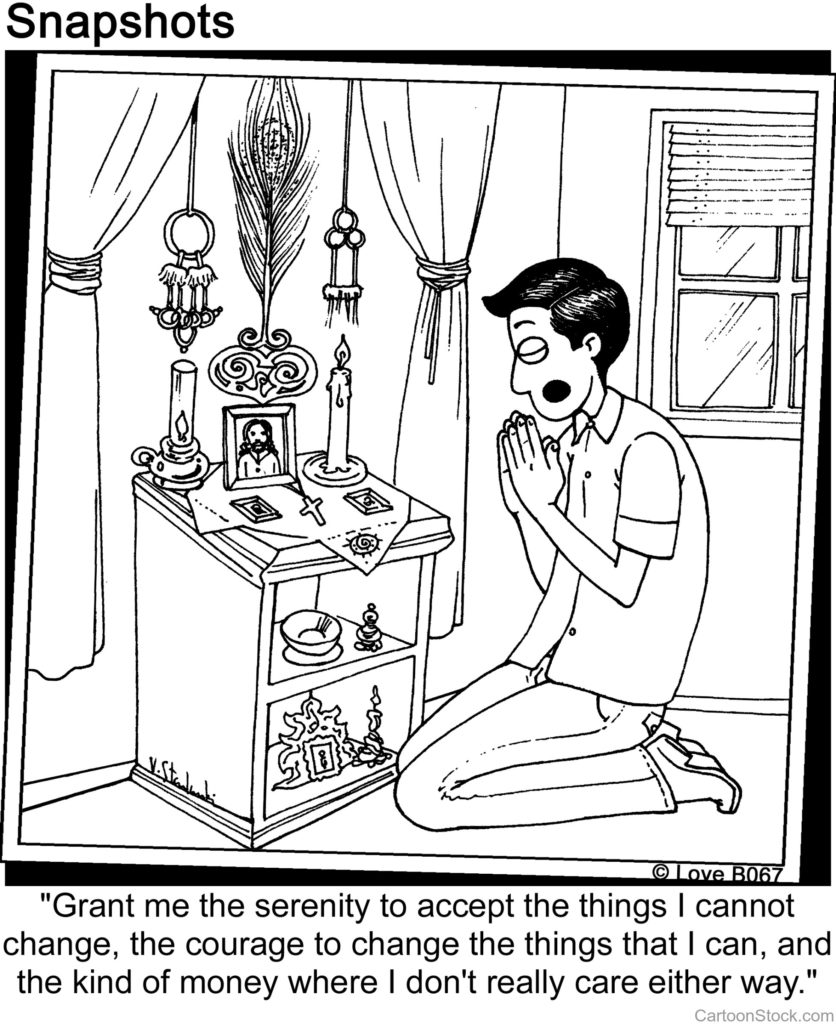
Silence is one of the great arts of conversation. Marcus Tullius Cicero
Several years ago I heard the Juilliard String Quartet present a lecture/recital. Their playing was wonderful but my biggest take-away from the event had nothing to do with music but rather the quality of their conversation. Through their example I learned how people can have a meaningful, respectful, and profitable conversation. While I was intrigued by what they had to say, I was particularly fascinated by how they conversed.
Before the quartet played, they shared their thoughts about each piece they were about to play. It was a relaxed and thoughtful conversational atmosphere in which each player had the opportunity to speak.
One at a time, a player would share his thoughts, and when he was finished there would be silence— sometimes lasting 10-15 seconds—before another member of the quartet would begin to share his thoughts. The group had such high respect for what each colleague was sharing that they allowed time for each statement to “sink in” before another thought was introduced into the conversation. Also, while one person shared, the others seemed to truly listen; they were not just using that time to craft what they would say when it was their turn.
For instance, one member might say, “The thing I enjoy most about the second movement of the Beethoven is that it borrows the theme from the first movement but develops it in a different way.” Then there would be silence. And then another player might offer, “That’s an interesting observation. At first glance, the themes seem to compete with each other, but near the end of the movement one understands that they are actually complementary.” Then another pause…and so on.
The key element in this respectful and profitable conversation was the moments of silence.
When was the last time you conversed with a group of people and the conversation contained times of silence? It is a rare occurrence. Normally, we try to anticipate the end of someone’s sentence and then compete with others for who gets to speak next. Sometimes we don’t even allow a person to finish his thought; the beginning of a new sentence overlaps the end of his.
This concept is so foreign to most people that the only way I’ve been able to incorporate it is to discuss it with a particular group and then practice. I did this with my family. I distributed this essay, we talked about it, and then staged a trial conversation. At first, it was difficult and awkward—it’s hard to change deeply-ingrained patterns—but eventually the conversation became well-paced, courteous, and profitable.
[reminder]What are your thoughts about this essay?[/reminder]
Click here to read more about how to have a thoughtful, respectful conversation.
[callout]My friend, Wayne Stiles, has produced an incredible three-part video series titled, “The Promise that Changed the World.” The videos focus on: 1. The prophecies and preparation for the Incarnation 2. The birth of Jesus and the announcement to shepherds 3. The aftermath of His birth, including the Magi and Herod’s rage This free series will enhance your understanding of the true meaning of Christmas. Click here to view the videos. [/callout]

 God grant me the serenity
God grant me the serenity I’m not sure where this thought came from; it’s certainly not original, but it has thumped me on the nose a lot recently.
I’m not sure where this thought came from; it’s certainly not original, but it has thumped me on the nose a lot recently. I grew up in a conservative, evangelical Christian environment. From childhood we were taught that “God has just one person He has selected for you to marry. To be happy in life you must find that one person.”
I grew up in a conservative, evangelical Christian environment. From childhood we were taught that “God has just one person He has selected for you to marry. To be happy in life you must find that one person.”